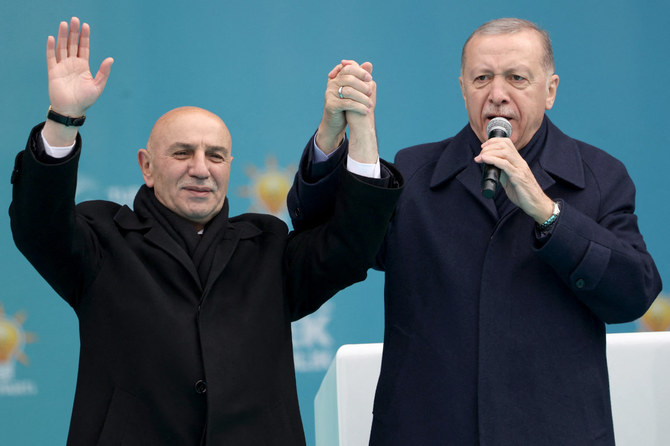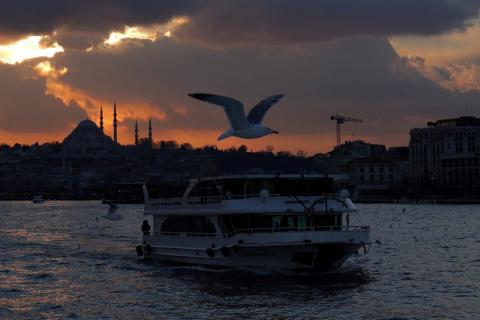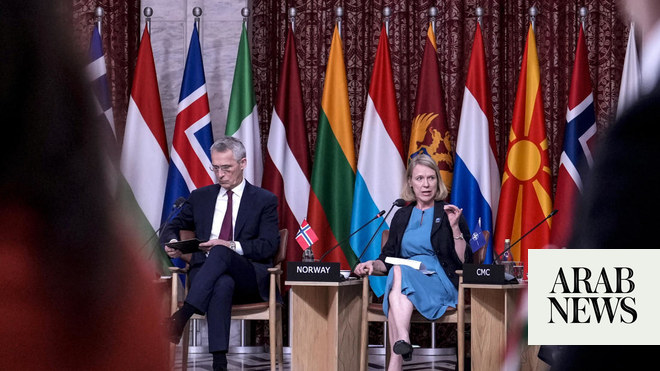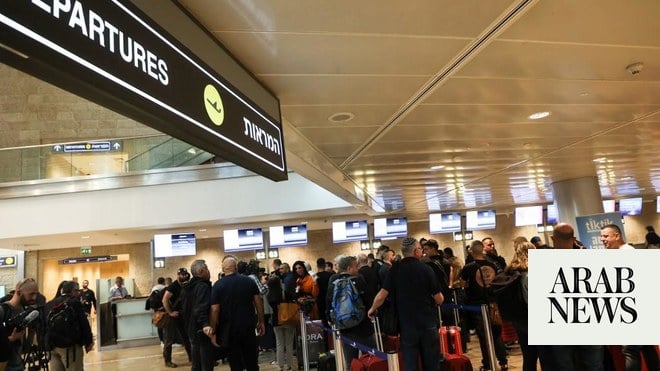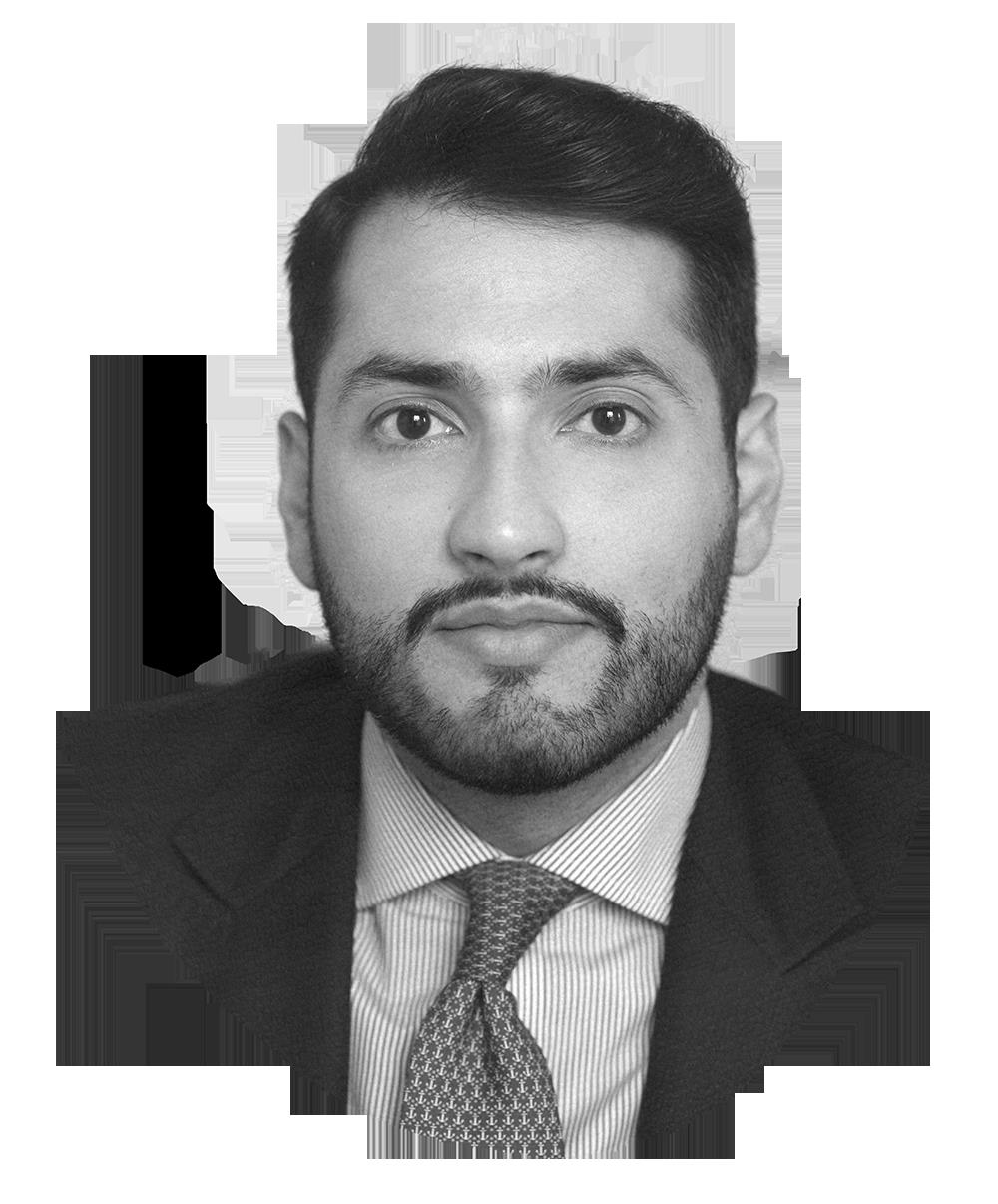
Last month’s earthquake and the subsequent flooding are a somber reflection of the sad state of Turkiye’s Kurds. However, the natural disaster has the government on the back foot, providing an electoral opening for Turkiye’s opposition, including a pivotal role for its Kurds. With the government trailing in opinion polls ahead of the elections in May, the country’s opposition parties are jockeying to unseat the ruling party of two decades, with the pro-Kurdish Peoples’ Democratic Party, known as the HDP, a potential kingmaker.
There is no doubt that President Recep Tayyip Erdogan and his ruling AK Party are facing their toughest election since coming to power. With inflation at 55 percent, the government has managed to slow its rise over the last few months. However, this is still far too high and is directly impacting consumer prices, which have been independently estimated to have risen to 126 percent.
Persistent inflation has been a thorn in the side of the government’s hopes of a post-pandemic economic rebirth. And the unprecedented earthquake damage in the country’s south is a significant setback, as the government prepares to plow millions into recovery. It is hoped that such large-scale spending and industrial production could jump-start the economy, though there is of course the risk that they instead spur a rebound in inflationary pressures.
Within this challenging context, the government is still committed to its contested economic policies, which are focused on slashing interest rates to combat inflation. This was reiterated by the central bank last month dropping its benchmark interest rate by half a percentage point to 8.5 percent in the hope that the cheaper borrowing would bolster earthquake recovery efforts. The $40 billion cost of repairing the earthquake damage is likely to be doubled once reconstruction has been accounted for. Given the president’s promise to rebuild devastated regions within a year, the state of the Turkish economy will be central to the upcoming elections. With foreign investors shying away from committing to the economy, many had hoped that an input of some semblance of economic orthodoxy would not only improve the economic situation but also the government’s administrative credentials.
Such hopes faded last week, as economic czar and former Deputy Prime Minister Mehmet Simsek recommitted himself to his political retirement. The economist saw Turkiye through the 2008 financial crisis, undertaking far-reaching reforms and advocating the kind of free market economics that would win Turkiye international friends. With the lira having shed 80 percent of its value against the dollar since his resignation from politics, Simsek’s reputation for sound fiscal management would have been a great boost to the government’s credentials. Citing private sector career commitments, his exclusion from any future government is a blow to the ruling party as it pivots once more toward economic orthodoxy given the weak lira and the wider inflationary situation.
Simsek, a native Kurd, finds himself in a similarly enviable political situation to his kin, who for decades have lacked the demographic and electoral numbers to pursue their agenda, but now find themselves central to both the opposition and the government in what will be a hotly contested election.
The Nation Alliance opposition bloc, which hopes to roll back the government’s economic policies, had a significant change in its fortunes last Wednesday as the HDP (which has the support of more than 10 percent of the electorate) confirmed it would not nominate its own presidential candidate. Though the HDP did not expressly state that it would unite with the bloc, it signaled a growing role for the party, especially as its votes will be crucial if the opposition is to exceed the 50 percent required to win the presidential election, as well as to potentially secure a majority in parliament in the polls on the same day.
The opposition leader, retired civil servant Kemal Kilicdaroglu, will still have his work cut out, however, as recent polls by MAK and Turkiye Raporu had him only between four and nine percentage points ahead of Erdogan.
Nevertheless, elections always favor the incumbent and, despite his probity and reputation for reliability, Kilicdaroglu may lack the charisma needed to take on Turkiye’s populist president. The bespectacled septuagenarian’s party has stepped away from its focus on secularism, but his Alawi faith and ethnic roots may not sit well with the Sunni Anatolian bedrock of Erdogan’s AK Party. In a system that has been configured to strongly favor the office of the president, the opposition’s ambitions may seem overly optimistic. However, whoever prevails and goes on to lead Turkiye will have some intractable problems to solve.
• Zaid M. Belbagi is a political commentator and an adviser to private clients between London and the GCC.









